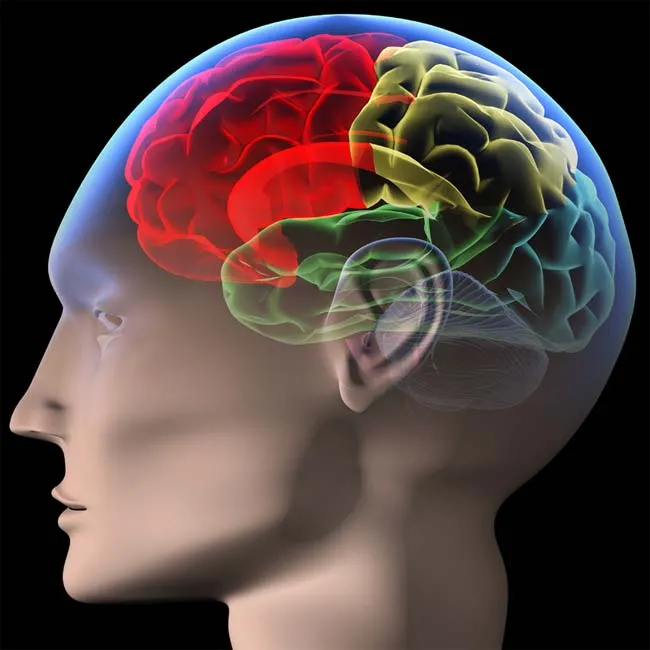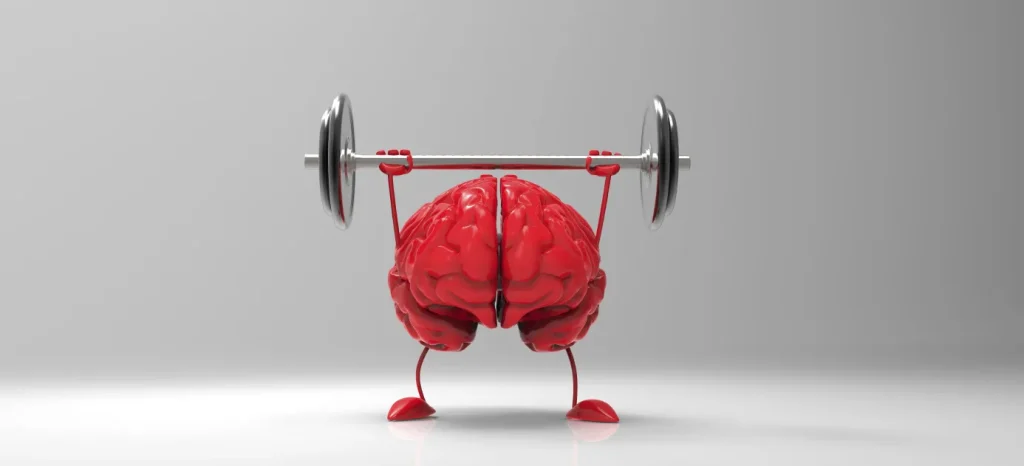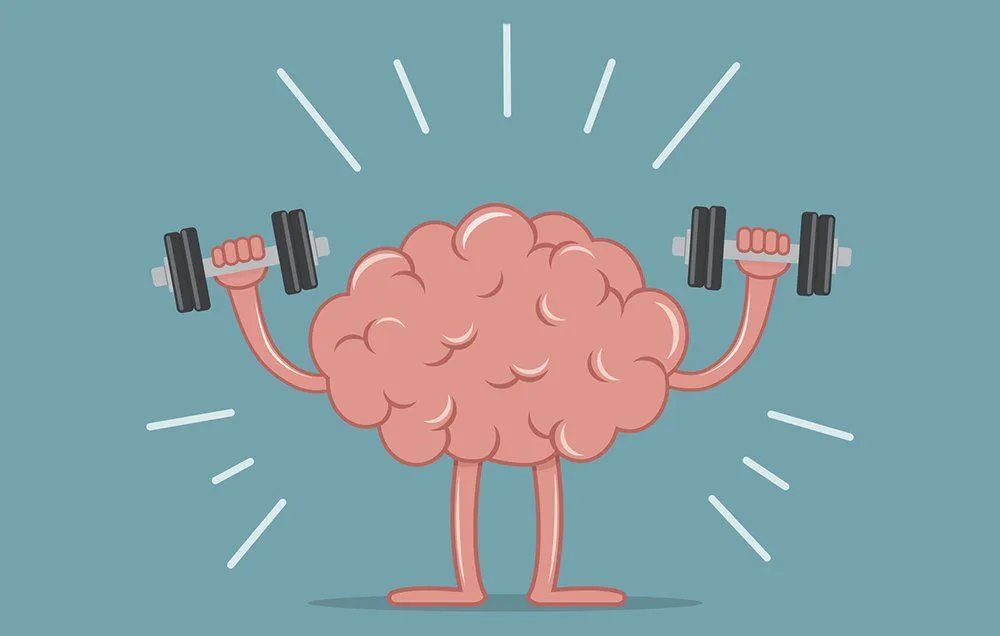To maintain mental agility as we age, many turn to activities like crossword puzzles and memory games. However, true cognitive vitality requires more than just these exercises. It involves a holistic approach, which includes eliminating certain behaviours that may be subtly diminishing our cognitive health.
Our daily habits and lifestyle choices play a significant role in how our brains function. Some of these behaviours could be causing more harm than we realize. Fortunately, by recognizing and changing these detrimental habits, we can take proactive steps to keep our minds sharp as we grow older.

The Perils of Endless Scrolling
In today’s digital world, it’s easy to get trapped in endless scrolling—be it through social media, news websites, or aimlessly browsing blogs. Although this habit seems harmless, it can consume a significant amount of our time and negatively impact our cognitive health.

Mindless scrolling fails to engage our brains meaningfully. Instead of actively processing and analyzing information, we passively absorb it, which leads to mental stagnation over time. This shallow engagement doesn’t stimulate the cognitive functions that are crucial for maintaining mental sharpness.
Additionally, extended screen time can disrupt sleep patterns, which are vital for cognitive health. To mitigate this, consider setting limits on screen time. Opt for activities that challenge your brain, such as reading a book, solving puzzles, or learning a new skill.
Overlooking Physical Exercise
The connection between physical activity and cognitive health is undeniable. Regular exercise is not only essential for our physical health but also vital for maintaining cognitive functions. Physical activity boosts blood flow to the brain, delivering necessary oxygen and nutrients that support healthy brain cells.

Moreover, exercise promotes the production of neurotrophins—substances that aid in the growth and survival of neurons. This supports brain health and enhances neuroplasticity, which is the brain’s ability to adapt and reorganize itself throughout life.
If you’ve been inactive or leading a sedentary lifestyle, it’s time to make a change. Activities such as a walk in the park, yoga, or a dance class can greatly enhance your mental agility. As John F. Kennedy once said, “Physical fitness is not only one of the most important keys to a healthy body; it is the basis of dynamic and creative intellectual activity.”
Allowing Stress to Dominate
Stress is an inevitable part of life. Whether it’s from deadlines, responsibilities, or unexpected events, stress affects us all. However, when stress becomes a constant presence, it significantly impacts our cognitive health. Chronic stress has been linked to numerous health issues, including cognitive decline, because it keeps the body’s emergency response system on high alert, wearing us down both physically and mentally.

Effectively managing stress is crucial for maintaining mental sharpness. Mindfulness meditation is one approach that has proven beneficial. Practicing mindfulness helps us remain grounded and reduces the impact of stress on our brains and bodies. It fosters a calm, focused state that supports clear thinking and better decision-making.
Ignoring Self-Awareness
In the hustle and bustle of everyday life, we often lose touch with ourselves. Neglecting self-awareness can harm our cognitive health. Being self-aware involves tuning into our thoughts, emotions, and behaviors, recognizing our strengths and weaknesses, and addressing our limiting beliefs.
Self-awareness is essential for maintaining mental sharpness because it helps us process information efficiently, solve problems effectively, and make sound decisions. Without it, we risk becoming reactive rather than proactive, often feeling disempowered and stagnant. Taking time to reflect and understand our inner selves can greatly enhance our cognitive abilities.

Avoiding Challenges for Comfort
While it’s natural to seek comfort, consistently choosing ease over challenges can impede our cognitive growth. Our brains thrive on new experiences and challenges. When we encounter novel situations, our brains develop new neural pathways and strengthen existing ones, keeping our cognitive functions robust.
By constantly seeking comfort and avoiding challenges, we deprive our minds of opportunities to grow and adapt. Falling into easy routines may feel reassuring, but it doesn’t stimulate our brains. To maintain mental sharpness, we must embrace challenges and step outside our comfort zones, fostering a more dynamic and resilient mind.
